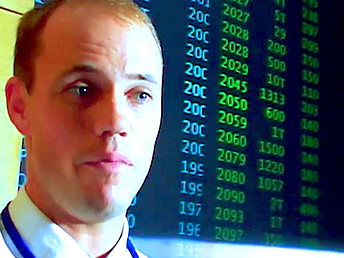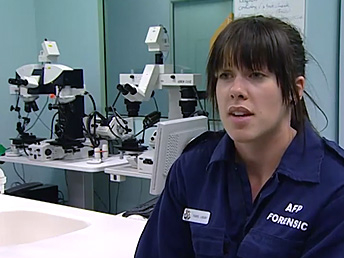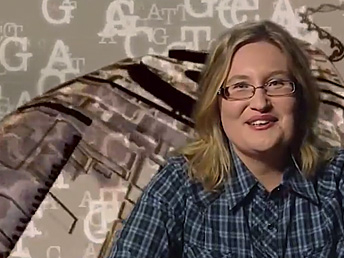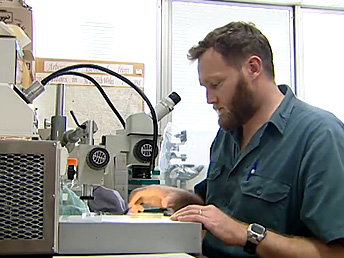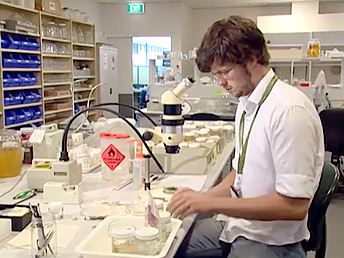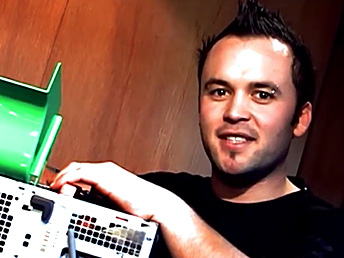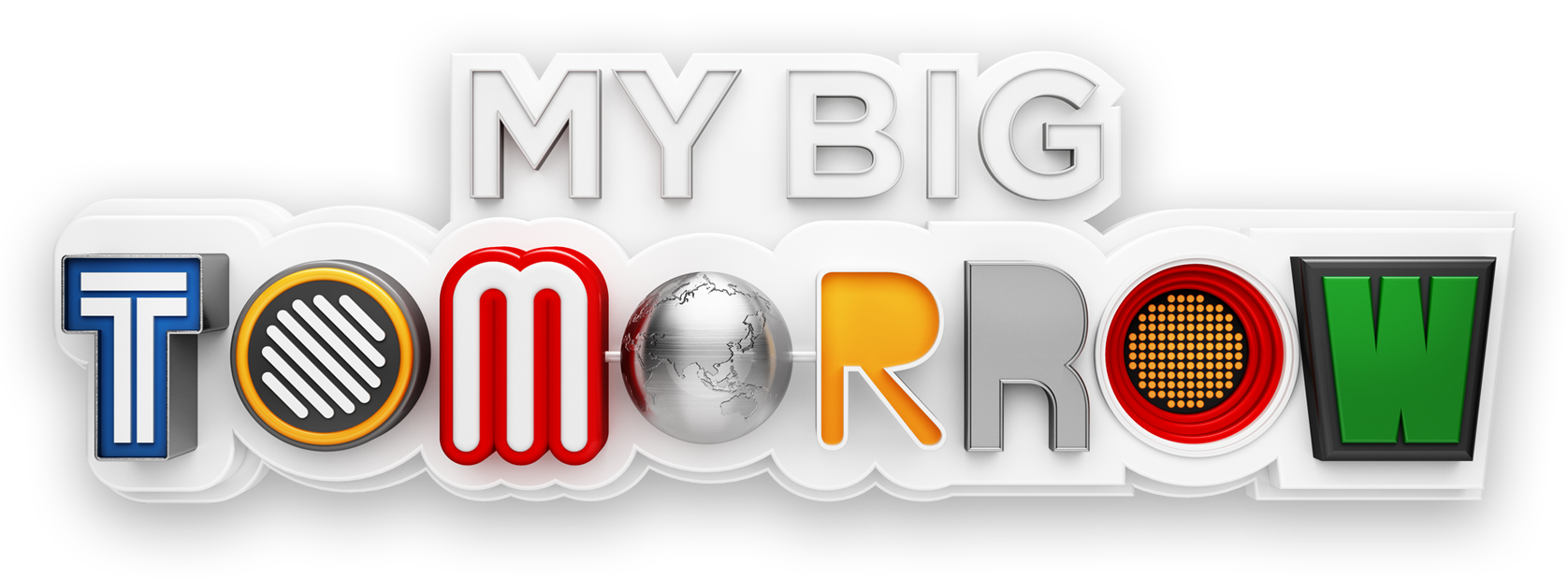
Field Statistician
As a field statistician you design and apply mathematical techniques to create, collect and analyse data. You then use this information to help inform decision-making and policy within areas such as science, technology, medicine, sport, education, business, finance and government.
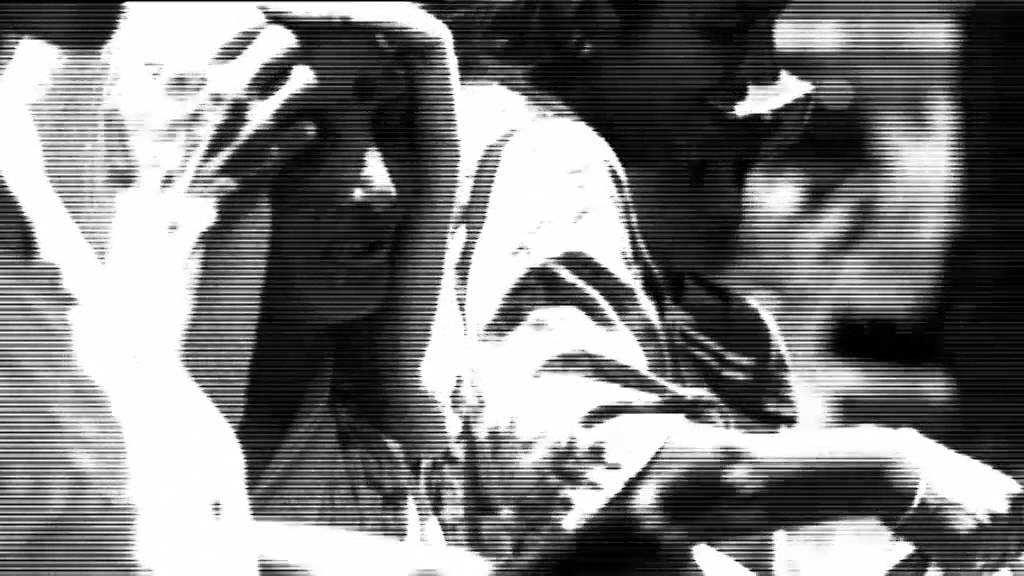

What the job looks like
Salary expectation
starts at $50,336 up to $117,448+

The good
- Extremely stimulating
- Rewarding to have an impact on important social issues
- Travel to interesting places and work with interesting people
- Potential to work overseas
The not so good
- Work can be very tiring
A passion for and skill in mathematics and problem solving is vital for any statistician. You will spend much of your time interpreting data and producing relevant statistics to demonstrate particular trends and patterns.
Predicting trends such as accidents, pollution, disease outbreaks and economic performance are all carried out by statisticians. This information is used to put measures in place to help prevent or control disasters, like the spread of major bushfires.
Excellent computer skills are a must. You will use statistical computing environments and packages to develop code and run computer programs.
Your strong literacy skills will be used to collect data in a range of ways including mail-out questionnaires, experiments or survey interviews (telephone or face-to-face). You will also present your findings graphically in reports.
People skills and working as part of a team are also important to be a field statistician.
I love bringing structured thinking towards problems that look like jumbled mess.
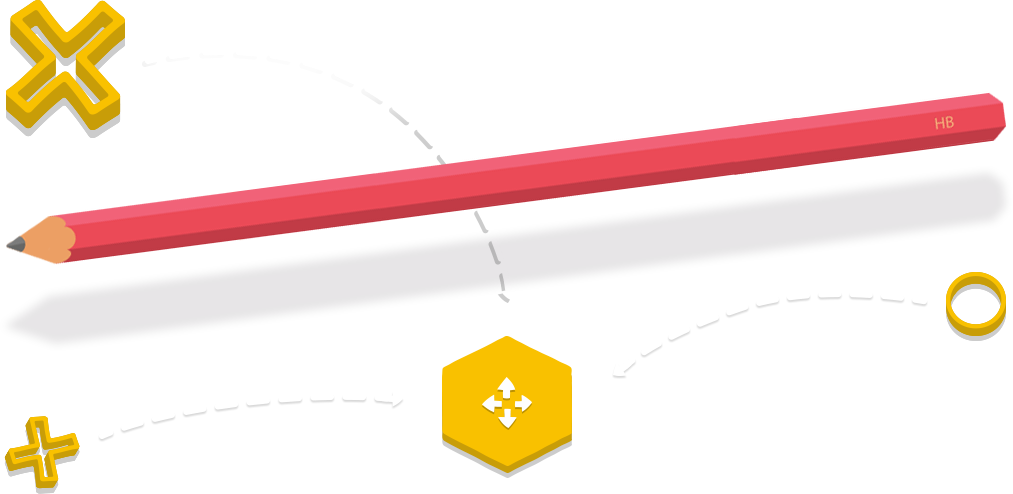
Pathways to this career
Subject suggestions for the HSC
Choosing your HSC subjects from this list could really help with your career. Think carefully about what you want to study after school as you might need to choose specific HSC subjects for that course and to count towards your ATAR (Australian Tertiary Admission Rank). An ATAR is your academic rank in relation to other HSC students and helps with University admission.
HSC subjects
Some subjects will count towards your ATAR, others will not. Check with your career advisor before making subject selections.
- English (Advanced or higher)
- Mathematics (2 unit or higher)
- Computing Studies
- Economics
- Geography
What can I do after I have finished school?
University degrees
Studying one of these degrees can help with your career.
- Bachelor of Mathematics
- Bachelor of Science
Suggestions
Start thinking about ways statistics can inform decision making and a particular area you might be interested in
- Search the internet for information on how statistics are currently used to help solve problems
- Go to career expos and events like university Open Days for information about what you will study
